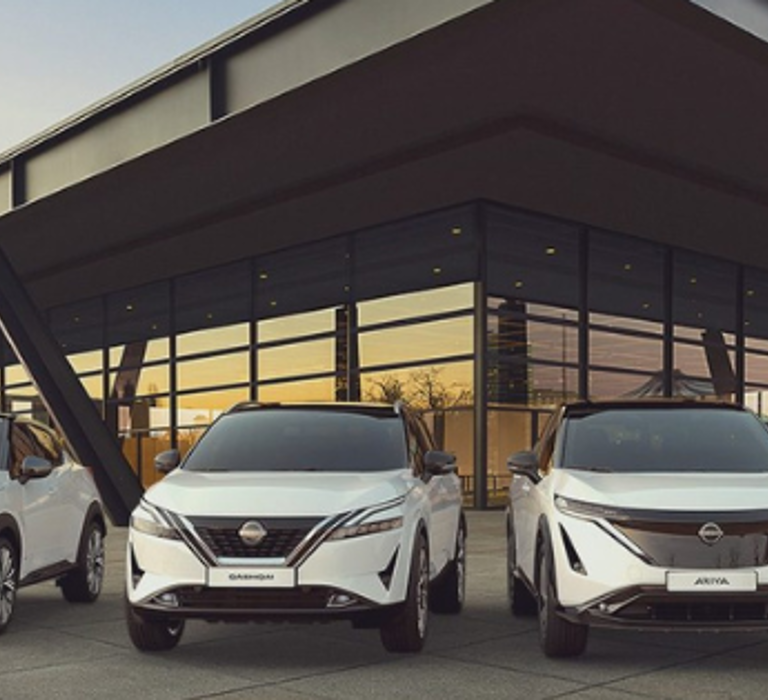Car leasing has skyrocketed in popularity in recent years, and for good reason. Whether you’re an individual looking for an affordable way to drive a new car or a business seeking a flexible fleet solution, leasing has become an attractive alternative to traditional car ownership. But what makes leasing such a popular choice, and how does it work? Let’s dive into the growing appeal of car leasing and why it might be the best option for you.
What Is Car Leasing?
Car leasing is a long-term rental agreement in which you pay a monthly fee to drive a vehicle for a fixed period—typically between two and four years. You return the car to the leasing company at the end of the lease term. Unlike car finance, where you gradually own the vehicle, with leasing, you do not contribute toward ownership; instead, you cover the car's depreciation during the lease period.
Why Is Car Leasing So Popular?
1. Lower Monthly Payments
One of the biggest draws of car leasing is the lower monthly cost compared to traditional car finance or purchasing a vehicle outright. The monthly payments are usually more affordable since you only pay for the depreciation rather than the entire purchase price. This can be a real game-changer, especially if you want a brand-new car but don't want to stretch your budget.
2. Drive Newer Cars More Often
Car leasing gives you access to the latest models every few years. Leasing is an excellent option if you love driving a new car with cutting-edge technology and the latest safety features. Once your lease ends, you can return the vehicle and choose a new one—no need to worry about selling or trading in your old vehicle.
3. Lower Maintenance Costs
When you lease a car, most of the warranty is still covered by the manufacturer's warranty, saving you money on repairs and maintenance. Many leasing packages also include servicing, so you don't have to worry about unexpected bills for oil changes or brake replacements. This makes leasing a hassle-free way to drive a car without worrying about high maintenance costs.
4. Flexibility and Freedom
Leasing offers a level of flexibility that car owners don't. If your needs change—maybe you need a bigger car or moving to a city, you only need a car for a short period—leasing allows you to switch to a different model or return the car entirely at the end of the lease term. For businesses, this flexibility is particularly valuable when fleet requirements evolve quickly.
Things to Consider Before Leasing
While car leasing offers many advantages, there are a few things to remember before signing up.
Mileage Limits: Most lease agreements come with an annual mileage limit, and exceeding this can lead to penalties. If you drive a lot or take long road trips frequently, be sure to choose a lease plan that accommodates your driving habits.

No Ownership: Unlike purchasing a car, leasing doesn’t result in ownership. At the end of the lease term, you don’t have any equity in the vehicle, meaning you won’t have anything to sell or trade-in. If long-term ownership is essential to you, buying a car outright might be a better option.
Potential Charges for Wear and Tear: Lease agreements typically require you to return the car in good condition. While normal wear and tear is expected, excessive damage or neglect can lead to additional charges when you return the vehicle.
